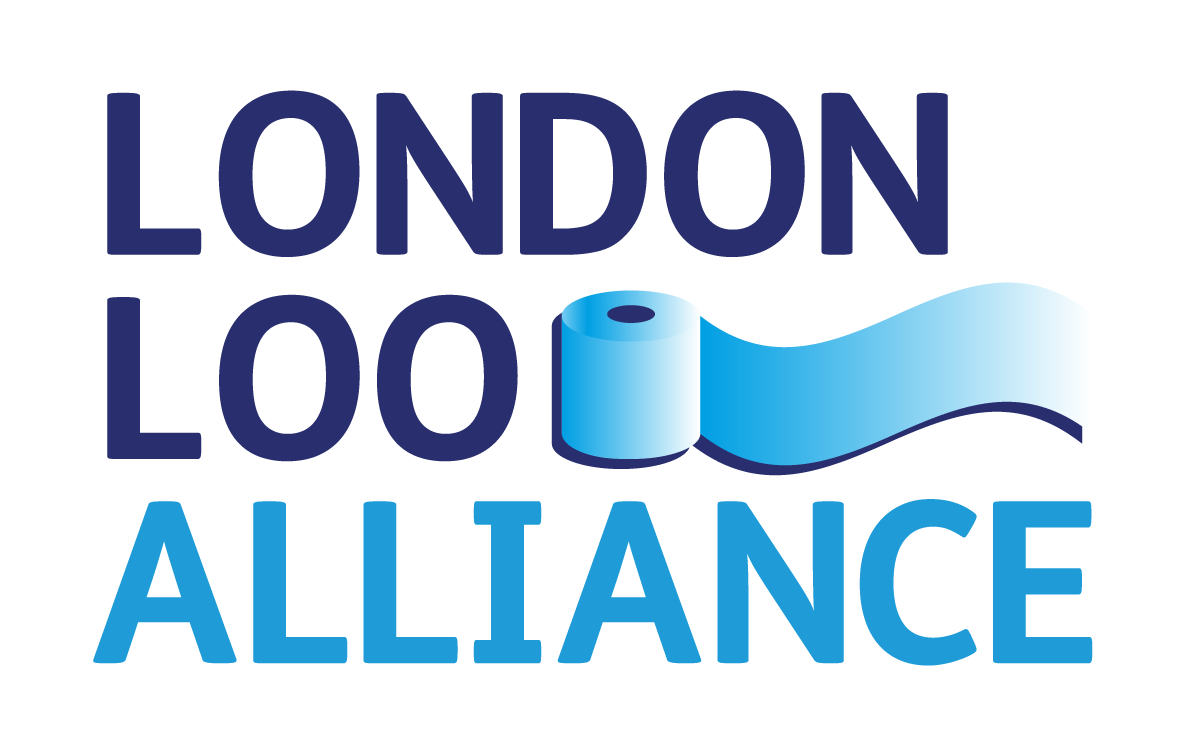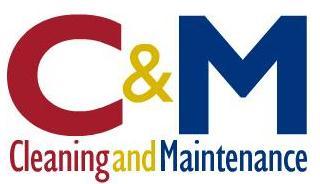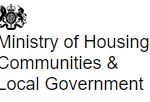Monthly Archives: December 2022
New Bill for Public Toilets moves to the Lords

In October of 2022 a “Levelling Up and Regeneration” Bill was introduced into Parliament by Ministers that will address a number of issues that the country facres ciming out of Covid and redressing the decline in local services and planning. The Bill has passed through the Commons and is now being read and debated in the House of Lords. It is hoped that the Bill could become an ACT of Parliament before Easter 2023.
It is with great delight that The BTA can report to all our Members Colleagues and Friends that within this Bill is a section specifically relating to much of our unrelenting work and ethos over the last twenty years.
Clauses 57, 58 and 59 refer directly to the appointment of a Toilet Commissioner whose priority will be to access the provision and need for public toilets throughout England and put in place a National Strategy for Local Authorities to follow – to devisie a Toilet Plan for each council area.
Working with an Independant Panel of advisors the commissioner will have to report to the Secretary of State for the Dept of Levelling Up and funding should become available for LA’s to enact some new developments.
The BTA will, of course, be offering oits full support to the Commissioner ,the government and Local Authorities in assembling and completing these tasks within the given timeframe. However, it is hoped that this is an exciting begining of a more sustained stategy for the future toilet provision across all the nations.
The following is an extract from the Hansard Report
New Clause 57
Review of England’s public conveniences
“(1) The Secretary of State must, within 6 months of the day on which this Act is passed, appoint commissioners to consider the level of need for public conveniences in England and the extent to which current provision matches that need.
(2) The Secretary of State must publish the report of the Commissioners before the end of the period of 12 months beginning with the day of their appointment.”
New clause 58—Public convenience plans—
“(1) Each tier 2 local authority in England must produce a Public Convenience Plan for their authority.
(2) A plan under this section must be formulated in consultation with local partners and the public.
(3) Such a plan much consider—
(a) the current level of public convenience provision,
(b) the current level of demand for such conveniences,
(c) what gaps there are in provision, and
(d) the needs of communities with protected characteristics under the Equality Act 2010.
(4) Central government must provide funding to local authorities to cover the costs of this new responsibility.”
New clause 59
Business rate relief scheme for business making toilets publicly available—
“The Secretary of State must by regulations make provision for a scheme under which if a business liable to business rates permits non-customers to use their toilets as a public convenience, the area of the premises containing the toilets is discounted from the calculation of the premises’ overall rateable value.”
In 2016 a BBC report highlighted that local authorities had closed one in seven public toilets between 2010 and 2013. The report identified 10 areas in England and Wales with no council-run toilets at all.
By 2018, the follow-up report found that the number of areas without any public conveniences had increased to 37. That is a trend likely to accelerate with the pressures on local authorities.
It has led to closures or transfers to perhaps voluntary groups or charities. The good will engendered in that is a welcome thing, but it means that accountability for that essential social infrastructure has been lost. We have to be clear about this. I do not think public toilets are a “nice to have”.
Lack of adequate facilities disproportionately affects all sorts of groups, including people who work outdoors, people with ill health or disability, the elderly and the homeless. Such essential facilities can make the difference between being able to confidently leave the house or not.
































